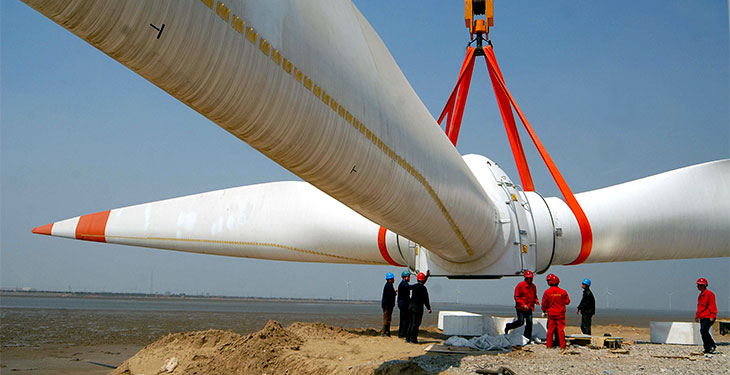Bogdan Tudorache
Romania has a much higher potential than the current 27.9% renewables target, says Zoltan Nagy-Bege, vice president of the National Regulatory Authority for Energy.
„Our first priority, as a country, is to finalize the Integrated National Energy-Climate Change Plan (PNIESC) and to negotiate with the European Commission that the target for RES (renewable energy sources, en) that we assume and we intend to achieve by 27.9%, by 2030. It is very difficult to believe that this will be the final figure given the potential of Romania. We have already exceeded the target of 26%. To propose only two extra percentages, means The European Commission must accept a target far below the average of Europe, after we have been above average“, said Nagy-Bege, quoted by Agerpres.
„At the same time, we must also see the particular situation of Romania. We had a fairly advantageous support scheme for renewable investors: the green certification scheme, which currently has an effect in the final energy price of 12.5 euros per MWh for most consumers. There are some energy-intensive consumers excepted or benefiting from a reduction in their contribution. In a country where the living standard is not very high and the utility costs have a much larger share of the budget than in other countries, you also need to analyze this social impact. Romania intends, at least in the first period, by 2030, to have milder measures. After 2025 production capacities will get out of the the support scheme and the contribution to the scheme may decrease. After this period, when we cool down, we should see what obligations we have, and think of new support schemes if needed. A study shows that in 2024 also in Romania it will be possible to invest in wind and solar without support. If investments are cost-effective without support schemes, the situation will be different for consumers,” Bege explained.
In addition, Romania’s renewable energy target includes the burning of biomass and firewood, a subject under review in all member states, including Romania, as energynomics.ro previously reported here.
Meanwhile, plaintiffs from six countries, including Romania, supported by three international environmental organizations and represented by three London law firms, have sued the EU at the European Court of Justice in Luxembourg, demanding the exclusion of forest biomass from the list of energy sources considered as renewable by Community legislation and thus taken into account for the EU target for the share of renewable energy in total energy production. If the trial is won, Romania will have to admit it has not yet reached its renewable target for 2020.
